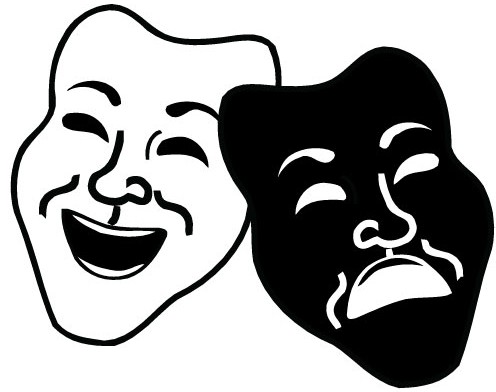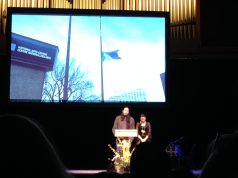
For French-Canadians in the Belle Province, the dictum is infused with recollections of past wrongs, linguistic oppression of the “white negro of the Americas”, and the triumphs of a nation once (and still?) threatened with extinction. Quebeckers refer to it as “louisianisation”: the loss of the Francophone identity, language and culture through assimilation… Like the former French colony Louisiana, now USA.
The “Je me souviens” slogan conjures up strong images for “Quebecois de souche”. It does not, however, have the same potency for the rest of Quebec residents. Aboriginals, for example, might not have fuzzy feelings when the theme of remembrance is evoked. The Mohawk community of Kanesatake, near Montreal, may remember how their land was stolen from underneath them to build—of all things – a golf course. This is a symbol of long-standing land disputes by colonisers.
Jewish Quebeckers remember how they were barred from attending public schools and hospitals. For them, remembering means reminding themselves of their resilience and the need to retain their hard-fought cultural institutions.
Indeed, the “Je me souviens” motto means different things to different people.
In the artistic community, imagery and sounds are manipulated to stir up feelings, sentiment, incidents. A short musical clip can set the mood better than any verbal introduction. What might an image mean to an increasingly plural audience? It is often lost on injudicious theatre producers.
In short, Canada isn’t lily white anymore. The images which once made an entire (all-white) audience laugh have lost their shine. That was the case for Montreal’s Rideau Vert theatre, founded in 1949, which purportedly has used blackface numerous times in the past. The theatre renewed with its tradition during their end-of-year comic relief revue. Not a single member of the francophone press, ostensibly monochromatic, noticed the slight (or seemed to care). Like the boy in The Sixth Sense who sees infractions no one else sees, the potency of blackface does not sting a nation unfamiliar with its own checkered past, including slavery , minstrel shows and legalized anti-black racism.
But the afro-Québecois – Ils se souviennent. They remember.
They remember the struggles waged by their parents and forefathers to gain a sliver of dignity. They remember the jobs they weren’t allowed to apply for, the apartments they weren’t allowed to rent, the music clubs they weren’t allowed to enter. For younger Black Quebeckers the memories aren’t so far behind: in the era of racial profiling by police and proven racism by the municipal employer, among others.
Interestingly, federal representatives are well aware that the British monarchy has different connotations in Quebec. And so are the Royals. Even the famous Queen Elizabeth Hotel can make some people uncomfortable, as it was, for a long time, a place of privilege forbidden to the lower class, known as “les Canadiens-francais”.
It is high time the courtesy be extended to all citizens of this multicultural nation.
Aboriginals from the Prairies might burn their invitation to Sir John A. Macdonald’s year-long 200th birthday party, after he worked so hard to starve them, seize their lands. Chinese-Canadians have similar gripes, stemming back to the Chinese Head Tax and being stripped of voting rights.
For many, clergy are symbols of enlightenment. But for the Quebeckers who fought to break off the yoke of the oppressive Church, the religious zealots are met with suspicion and trepidation. Right or wrong, these views are rooted in their collective history.
Likewise, when slave descendants are fed images of cotton or sugar cane fields, the shadow of that peculiar institution isn’t far behind. Meanwhile, these crops, as seen in the film “12 Years a Slave”, simply reminded a CBC arts & culture reviewer of “pleasing summer weather”.
Today, Quebec is an evolving experiment, a fusion of flavours, an amalgamation of cultures which blossom into an unrivalled delicacy that is the envy of the world. The “Je me souviens,” battle cry for the preservation of Quebec’s distinct collective memory, is a portent motto: it encompasses an ever wider range of righteous remembrances.









